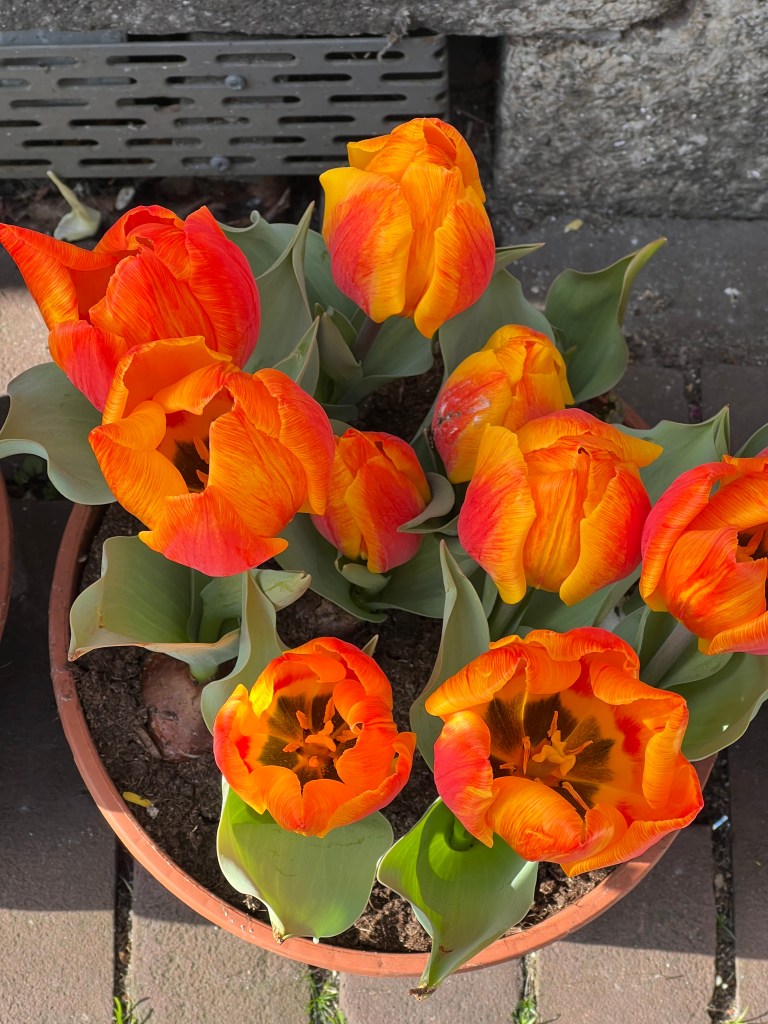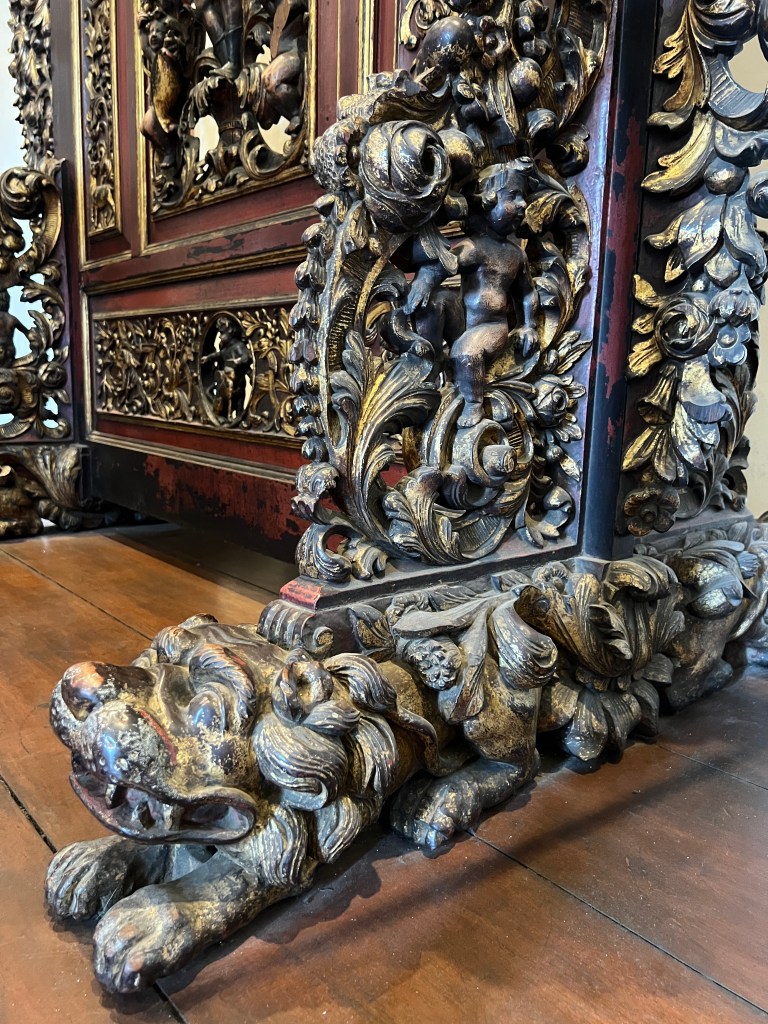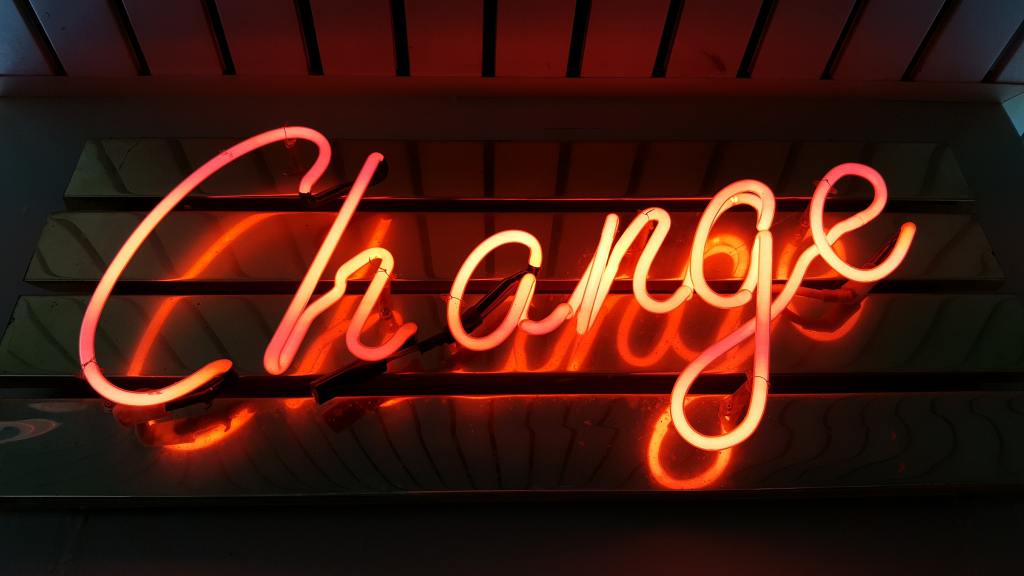
(Español abajo)
I went camping last weekend. I didn’t sleep well with that thin nylon fabric as the only barrier between me and the woodland creatures whose home I was invading.
Camping has never been my favorite activity. I feel like I have leftover “trauma” from childhood experiences of camping in cold places with greasy spam for dinner. (Those are stories for another day.)
It’s taken a while, but in recent years, I’ve been trying to get past those memories and lean into adventures with my family. Everyone else in my family enjoys camping quite a bit. They didn’t get that from me.
The last few experiences have actually been very fun. I love being in nature. I love being with my family. I love being off my phone and away from normal distractions. I love learning new things. And, with the purchases of a few key items of quality camping gear, I’ve been plenty comfortable. I’ve enjoyed the hikes, the “gourmet” meals made with boiling water in a bag, and especially the shared laughter around the campfire.
Until bedtime.
It seems all the bugs decide to sing loudly once I am in my sleeping bag. Branches creak, and the wind flutters every flimsy flap on the tent. As a mom, I sleep lightly anyway, always vigilantly on edge as to how everyone else is doing.
But mostly, I’m afraid.
Yes, there are animals in the area, but we’ve carefully guarded food and tempting smelly things in bear cans placed far away from the camp. I am with a good-sized group of people, many very experienced with camping. They are not afraid.
I’ve been thinking about the title of this blog – “Maturitas Cafe.” I chose the name because I wanted it to be a forum for maturing, growing together, learning how to look more like Jesus.
Learning how to handle fear is an area that I want to grow in this year.
I’ve overcome my fears enough to go with those who sleep peacefully in their tents. Now, I hope to lessen my nighttime fears and increase my quality of sleep while I am out there with them.
Some things I’ve thought of to help me:
- focus on truth – not on imaginings
- go with those who are not afraid – good examples and wisdom there
- keep going – usually, things I’ve done more times produce less fear for me
- pray and ask others to pray for me
- take small steps – I don’t have to conquer everything at once
- give myself grace – laugh about it and leave some margin to catch up on sleep back at home if needed.
How about you…what are you afraid of? How do you handle that fear? Do you have any tips for me?
¿A qué le tienes miedo?
Fui a acampar el fin de semana pasado. No dormí bien con esa fina tela de nailon como la única barrera entre las criaturas del bosque cuyo hogar estaba invadiendo yo.
Acampar nunca ha sido mi actividad favorita. Siento que me quedan “traumas” de experiencias infantiles de acampar en lugares fríos con el “Spam” grasoso para cenar. (Esas son historias para otro día).
Me ha llevado un tiempo, pero en los últimos años he intentado superar esos recuerdos y unirme en aventuras con la familia. Todos los demás miembros de mi familia disfrutan bastante de acampar. Eso no lo obtuvieron de mí.
Las últimas experiencias han sido realmente muy divertidas. Me encanta estar en la naturaleza. Me encanta estar con mi familia. Me encanta desconectar mi teléfono y alejarme de las distracciones normales. Amo aprender cosas nuevas. Y, con la compra de algunos artículos clave de equipo para acampar de calidad, me he sentido bastante cómoda. He disfrutado de las caminatas, de las comidas “gourmet” hechas con agua hervido regado a una bolsa y sobre todo, de las risas compartidas alrededor de la fogata.
Hasta la hora de dormir.
Parece que todos los insectos deciden cantar en voz alta una vez que estoy en mi saco de dormir. Las ramas crujen y el viento agita cada endeble solapa de la tienda. Como madre, duermo ligeramente de todos modos, siempre atenta a cómo les va a los demás.
Pero sobre todo tengo miedo.
Sí, hay animales en la zona, pero hemos guardado cuidadosamente la comida y las cosas olientes tentadoras en latas especiales que los osos no pueden abrir y las hemos colocadas lejos del campamento. Estoy con un grupo de buen tamaño de personas, muchas de ellas con mucha experiencia en acampar. Ellas no tienen miedo.
He estado pensando en el título de este blog: “Maturitas Café”. Elegí el nombre porque quería que fuera un foro para madurar, crecer juntos y aprender a parecernos más a Jesús.
Aprender a manejar el miedo es un área en la que quiero crecer este año.
He superado mis miedos lo suficiente como para ir con quienes duermen tranquilamente en sus tiendas de acampar. Ahora espero disminuir mis miedos nocturnos y aumentar la calidad de mi sueño mientras estoy con ellos.
Algunas cosas que he pensado para ayudarme:
- centrarse en la verdad, no en imaginaciones
- ve con aquellos que no tienen miedo: son buenos ejemplos y ofrecen sabiduría
- sigue adelante – por lo general, las cosas que he hecho más veces me producen menos miedo
- orar y pedir a otros que oren por mí
- dar pequeños pasos: no tengo que conquistarlo todo a la vez
- darme gracia mi misma – reírme de ello y dejar algo de margen para recuperar el sueño en caso si es necesario
¿Y tú… a qué tienes miedo? ¿Cómo manejas ese miedo? Tienes algun consejo para mi?














